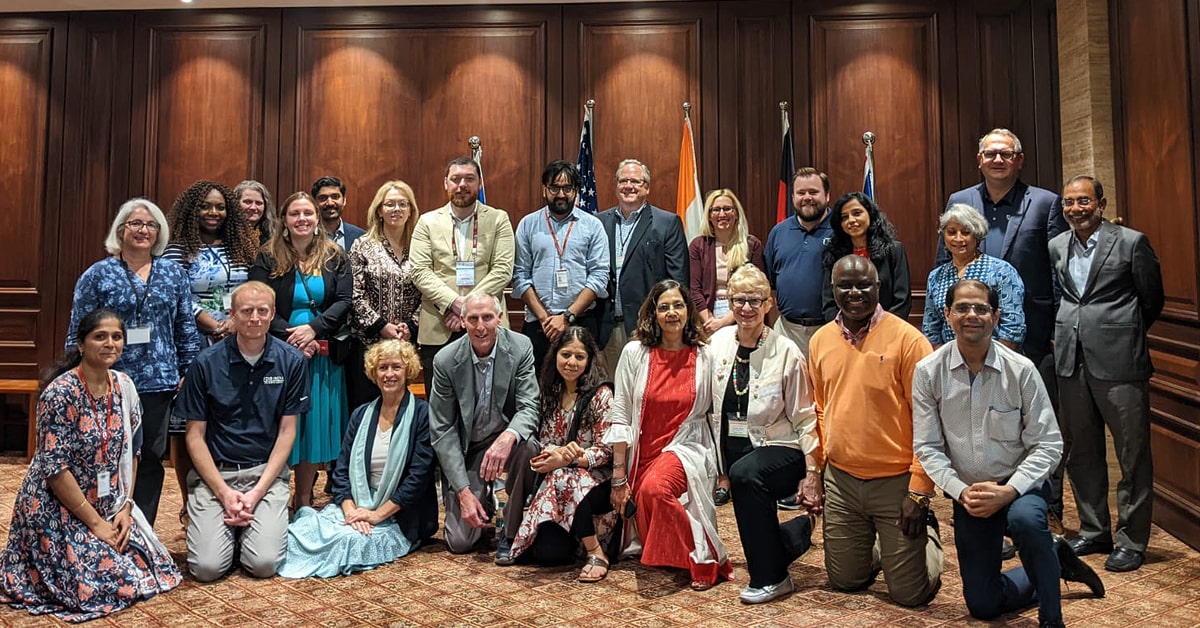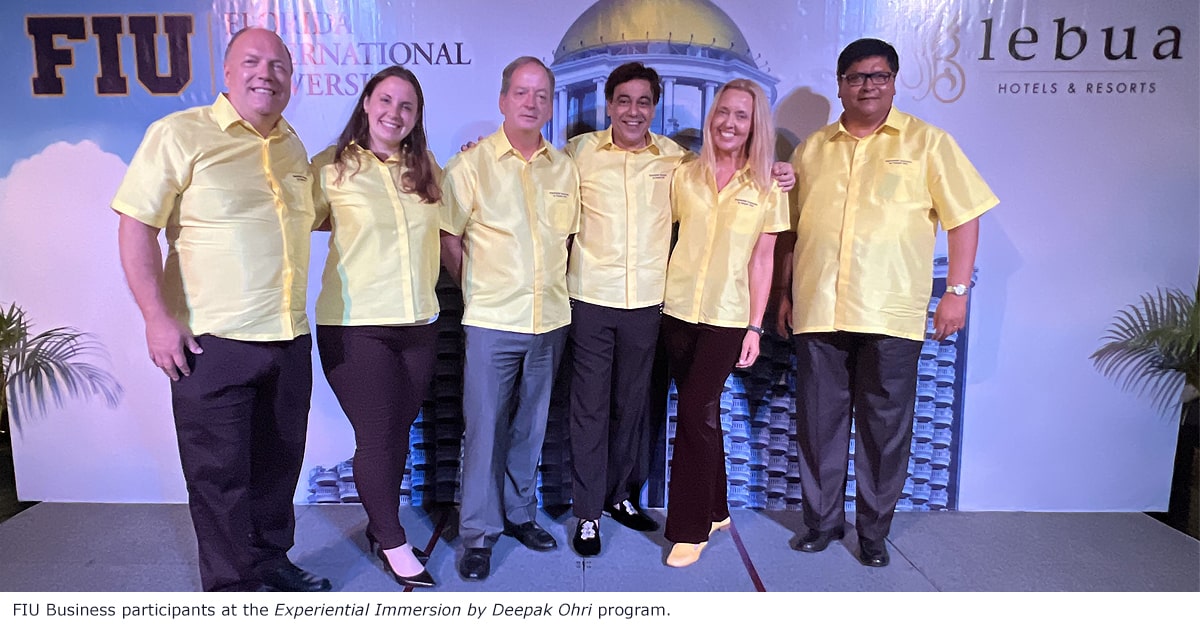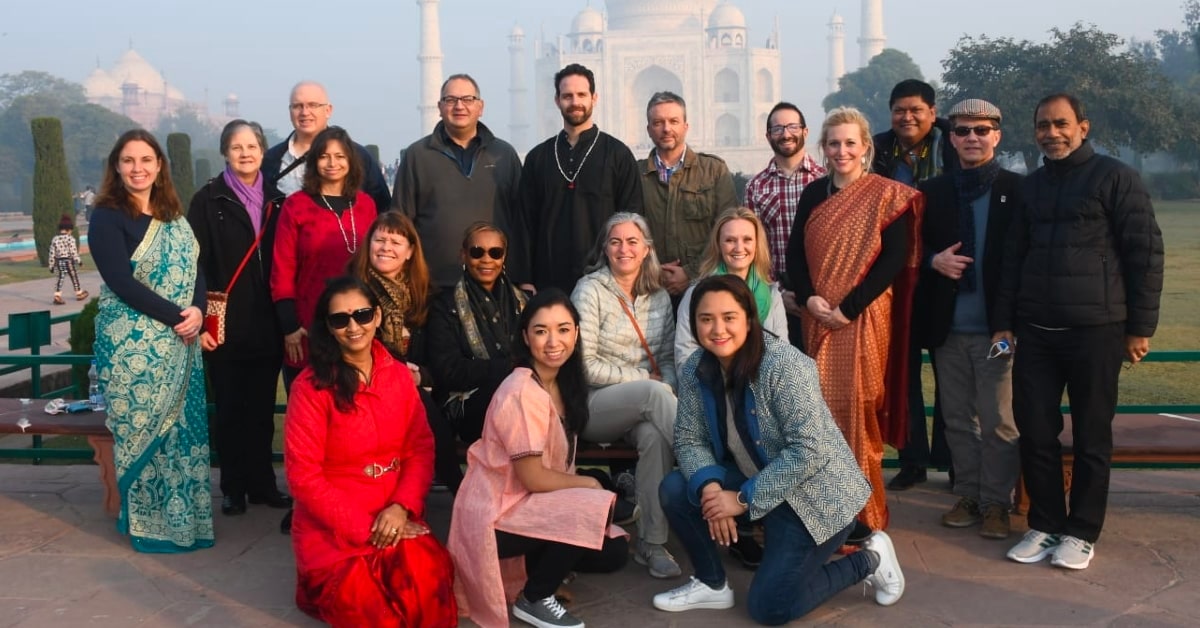Department of International Business
The Department of International Business offers innovative academic programs that prepare students for success in today’s rapidly changing global economy. U.S. News & World Report consistently ranks the college’s undergraduate international business program and its international MBA program among the top-10 in the nation.
The department’s faculty currently ranks No. 5 in the U.S. for the number of publications in the Journal of International Business Studies, the leading journal in the field (UTD Top 100 Business School Research Rankings™).














